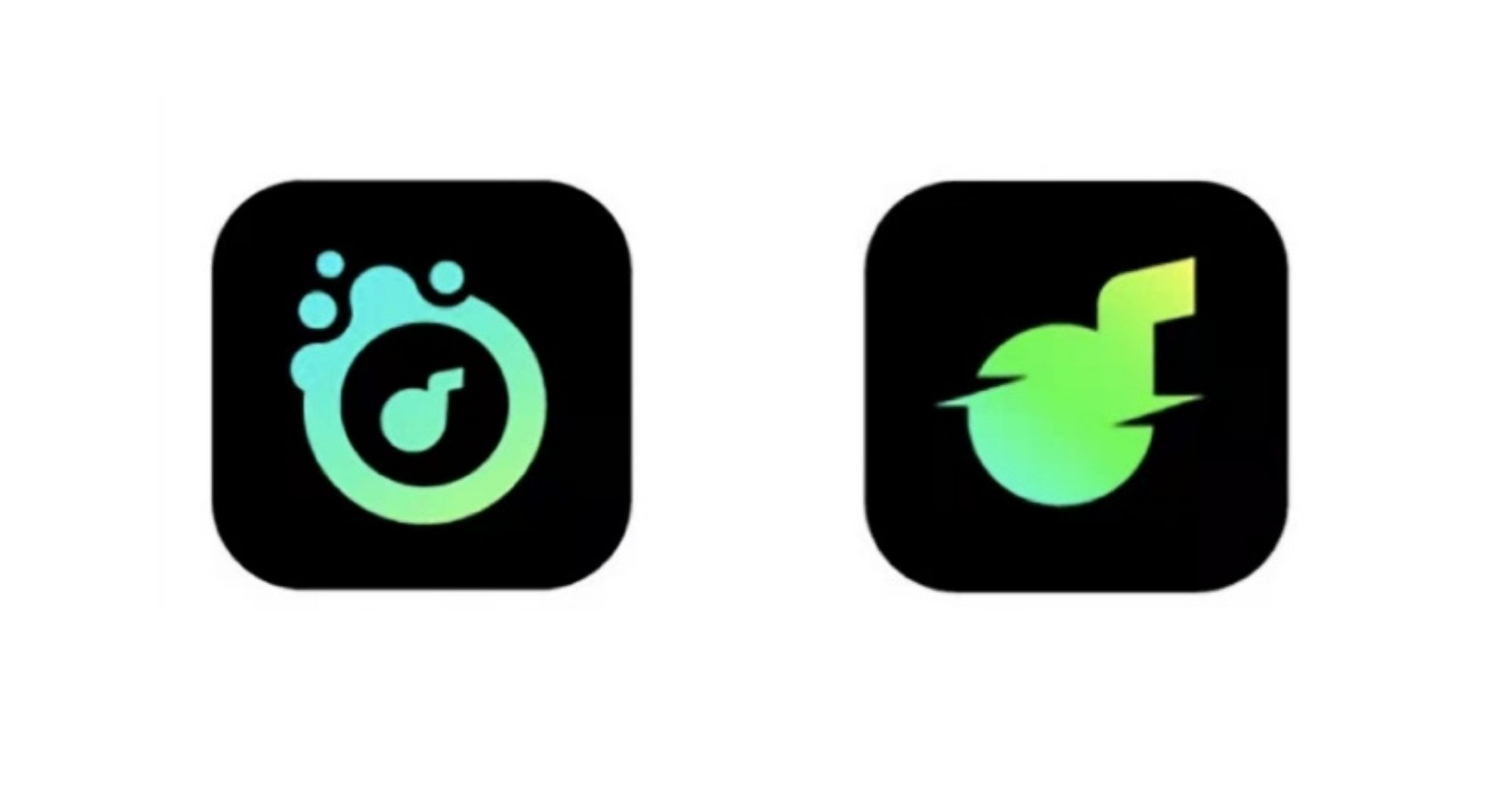
ByteDance's Soda Music Completes Software Copyright Registration
Want to read in a language you're more familiar with?
ByteDance's first music app "Soda Music" has recently completed the registration of software copyright.
Tech Planet learned on Wednesday that ByteDance's first music app "Soda Music" has recently completed the registration of software copyright, which can be found through the official website of the Copyright Protection Center of China.
According to the publicly released information, the full name of the product is "Soda Music Android Software," and the completion date of software development is February 14, 2022. The copyright is Beijing Microlive Vision Technology Co., Ltd., which is the main operator behind Douyin, the Chinese mainland version of TikTok.
In addition, two separate logos for Soda Music have been designed. According to sources, when the app is finally released, the platform will determine one of the two as the final product logo.

Soda Music is a brand new streaming platform developed by the Douyin team, which consists of members who have previously worked for music and audio companies such as NetEase Cloud Music and Ximalaya. In addition, some team members have participated in Resso's product operations.
In December, 2021, there were leaks about the internal testing of Soda Music. Its main design and function will follow the mode of Resso in overseas markets, with music videos as the main component and audio music as an auxiliary part. It adopts the Douyin-style music switching mode of sliding up and down, and pushes songs to users through AI algorithm recommendations.
Distinguishing it from other music streaming media platforms such as QQ Music and Netease Cloud Music, Soda Music focuses on "full single recommendations," that is, the app only pushes singles and does not recommend lists of songs or albums.
SEE ALSO: ByteDance Acquires Platforms in Cinema Ticketing and Comics
According to Tech Planet, ByteDance chose to enter the online music market at this time because it has benefited from the openness of exclusive copyright by domestic policies. On the other hand, there was frequent popular music content emerging on Douyin, and users' demand for music was increasing. ByteDance thus needs to consider building its own music platform to obtain user traffic in this area.





